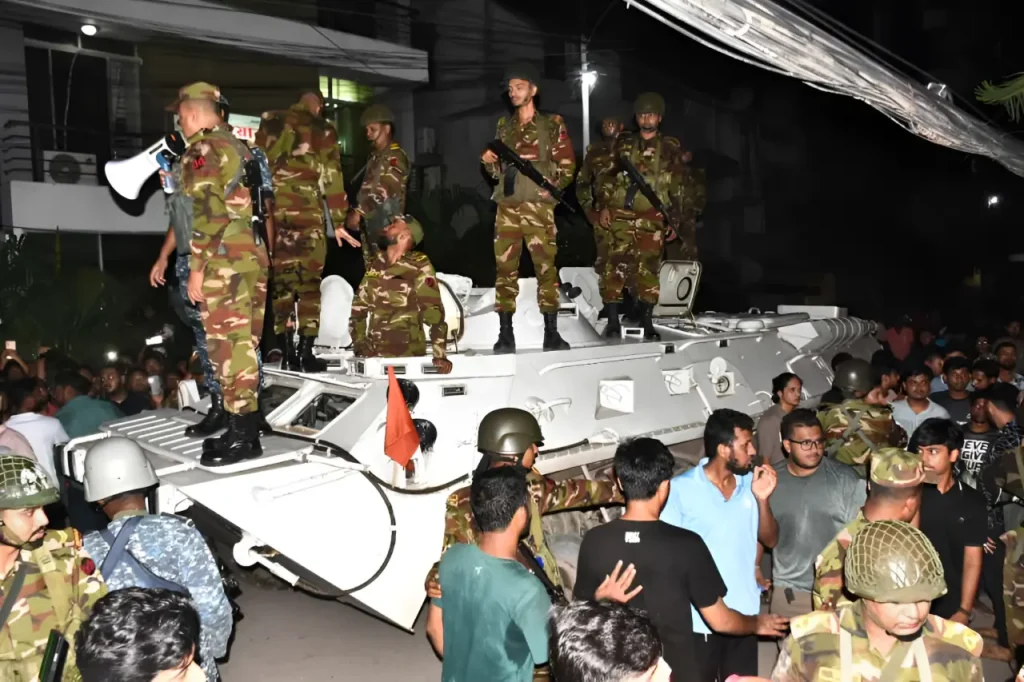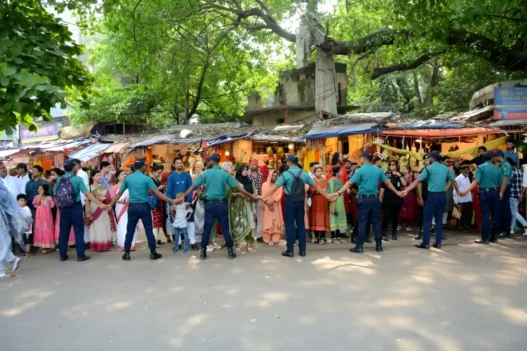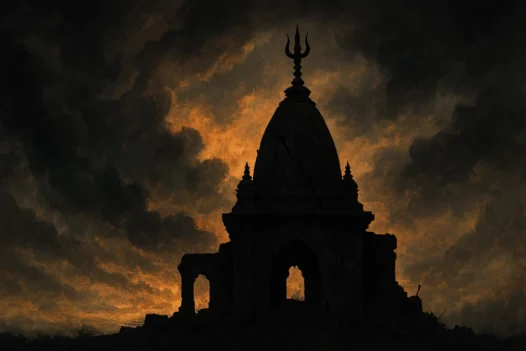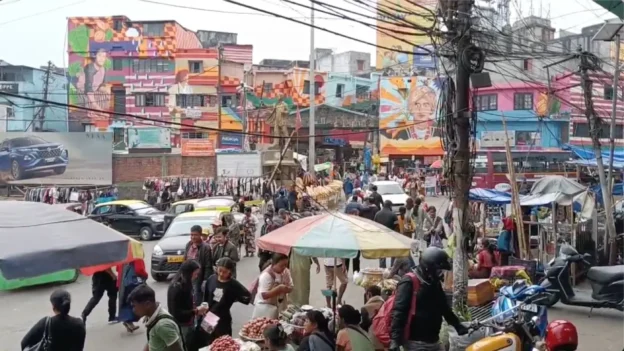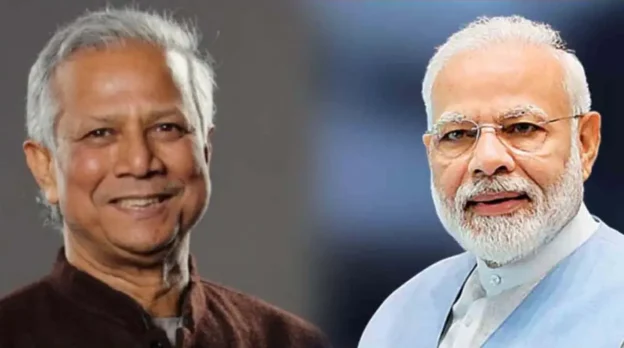The rise in custodial deaths under Dr. Yunus’s interim government represents a serious violation of human rights and justice, highlighting a systemic failure that erodes the rule of law and accountability in Bangladesh.
Seventeen individuals have tragically lost their lives while in custody during the first five months of this government’s tenure, with a significant number of these deaths attributed to extrajudicial killings and torture.
This egregious pattern has sparked widespread concern from human rights organizations, highlighting the growing crisis of impunity within Bangladesh’s law enforcement system.
The detailed report by Ain o Salish Kendra (ASK), which documents custodial deaths, reveals a grim reality: more than three deaths in custody have occurred each month since the interim government assumed office.
In total, 21 custodial deaths were recorded in 2024, with victims from diverse regions across Bangladesh, including Ilahi Shikdar (Gopalganj), Syed Nurul Kabir (Narayanganj), Shafiqul Islam (Gaibandha), Sahidul Islam (Mymensingh), Kawser Hossain and Champa Khatun (Savar), Mohammad Sharif (Chattogram), Hriday Ravi Das (Kishoreganj), Atiq Hasan Sardar (Jessore), Moslem Uddin (Cox’s Bazar), Yasir Mia (Kishoreganj), Abdur Rahman (Noakhali), Millon Bepari (Shariatpur), and Touhidul Islam (Comilla).
These deaths are not incidental but part of a concerning trend of state-sanctioned violence that is now permeating every corner of the country.
Touhidul Islam’s case epitomizes the stark brutality faced by individuals in custody.
Islam, a prominent youth leader from Comilla, was detained by the Joint Forces on January 31 and died on February 1 at Cumilla Medical College Hospital.
While official sources claim Islam was under legal investigation, his family has vehemently denied these allegations.
They assert that he was not charged with any crime and had been forcibly taken from his home under questionable circumstances.
His brother, Abul Kalam, alleges that Islam died in custody from torture before he was ever admitted to the hospital, with his body bearing visible signs of severe injury.
Despite these grave allegations, no independent investigation has been launched, and the military is overseeing the inquiry, which raises serious concerns about impartiality and transparency.
The response from the interim government has been insufficient and inadequate.
While the Office of the Chief Adviser has issued a condemnation of custodial torture and killings, such statements fall short in light of the overwhelming evidence of ongoing human rights abuses.
The promise of a high-level military investigation into Islam’s death is unlikely to provide the transparency and accountability that the victims’ families and the wider public deserve.
Military-led investigations have repeatedly proven to be insufficient in addressing the systemic nature of custodial abuse and in ensuring justice for the victims.
The reliance on the military to carry out law enforcement duties is part of a broader shift in Bangladesh’s governance that undermines civilian oversight and the rule of law.
The military’s involvement in law enforcement has been linked to an increase in abuses, including extortion, land grabbing, and other forms of corruption.
This trend has intensified the precarious situation, where human rights violations persist unabated, and those responsible seldom face accountability.
Political and legal reactions to the wave of custodial deaths have been swift, with opposition leaders and human rights advocates condemning the government’s failure to protect its citizens from torture and extrajudicial killings.
They have called for an independent, civilian-led investigation into these deaths, emphasizing the importance of transparency and accountability in ensuring that justice is served.
The military, lacking the impartiality and transparency of civilian courts, cannot be trusted to fairly investigate and prosecute these grave human rights violations.
This mounting crisis of custodial deaths paints a bleak picture of Bangladesh’s human rights situation under the interim government.
The government’s failure to confront the escalating trend of extrajudicial killings and torture signals a profound erosion of fundamental rights and freedoms.
Bangladesh must ensure that those responsible for these heinous acts are held accountable, that the victims’ families receive justice, and that future custodial deaths are prevented.
The victims of custodial deaths must not fade into obscurity. Their tragic stories serve as a powerful reminder of the urgent need to confront systemic human rights violations and demand unwavering accountability for these atrocities.
Their deaths must serve as a catalyst for reform, urging the Bangladeshi government to restore accountability, transparency, and respect for human dignity.
Bangladesh must urgently address this crisis and take decisive action to halt further loss of life at the hands of law enforcement. Standing with the victims and their families is essential in the quest for justice, ensuring these atrocities do not continue without accountability.
Source : The Chittagong Hill Tracts

